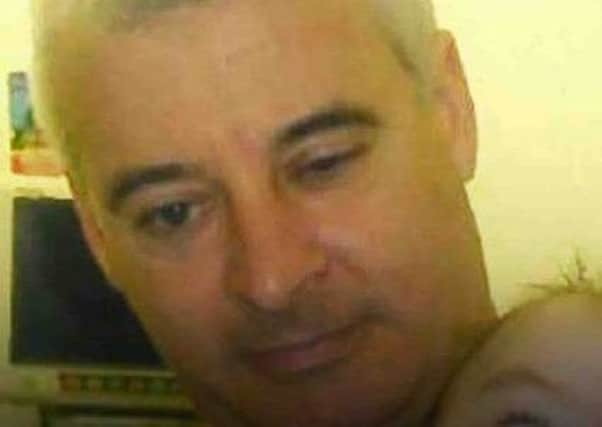IRC terror report is a feeble travesty from Planet Whitewash


Remembering the Fresh Start Agreement was sparked following the PIRA murder of Kevin McGuigan, and proclaimed its mission as bringing “an end to paramilitarism once and for all”, it is telling that the IRC produces a report which, in all of its 90 pages, cannot bring itself to refer by name to the primary paramilitary organisations, the IRA, UVF or UDA. And so the sanitisation begins in this report from the parallel universe of Planet Whitewash.
Reading paragraph 1.23, you’d think there are no actual paramilitaries, only those striving manfully for “transition” to which we should be graciously and generously thankful, ignoring the choice they made to be terrorists.
Advertisement
Hide AdAdvertisement
Hide AdThe lack of substance and value of this report is obvious in that it consciously avoids – despite unfettered access to the police – making any security assessment of the various paramilitary organisations.
Indeed so useless is this report that it doesn’t even address if any progress has been made on any of the six steps to disbandment set out in the Panel Report [which established the IRC], as referenced at para 1.39 and footnote 15 – e.g. recruitment, structures, training etc.
What is the point in a publicly funded reporting commission if it doesn’t report on progress on disbandment?
What use is a report on what progress is being made towards ending paramilitarism if it provides no assessment of the proscribed organisations whose demise it is supposed to be overseeing? Surely, activity levels and capability are key to measuring success in progress towards ending paramilitary activity.
Advertisement
Hide AdAdvertisement
Hide AdSadly, of course, there is no progress to report on disbandment or the end of paramilitarism, which is not surprising in a society whose Stormont structures are constructed to reward terrorists.
The approach and mindset of this panel is underscored when it decrees that transformation actions (for which many, myself included, read “pandering”) are of “equal importance” to criminal justice responses to criminality. Indeed, the panel focus throughout most of its report on the ‘softly-softly’ transformational approach indicates it regards it as of greatest importance – music to the ears of front organisations happy to play the endless transformation game because of the generous funding it brings.
Predictably this process-serving panel clamours for the return of the institutions of failure (para 1.14), with no recognition that it is their flawed construction which has caused them to fail.
One of the most striking features of this report is its disinterest in the victims of paramilitaries, in contrast to its dedication to improving the rights of the victim-makers.
Advertisement
Hide AdAdvertisement
Hide AdHence its enthusiasm for progress on maximising opportunities for paramilitaries (pages 45-47), including ignoring a criminal past when it comes to recruitment, travel visas, and even adoption.
It seems the panel’s vision is for a society where the convicted murderer can adopt a child as readily as a law-abiding citizen.
So carried away is the IRC that it even adopts the language of the terrorist apologists by speaking of “ex political prisoners” (page 46) – what a travesty on this day, the 25th anniversary of the Shankill bomb. So much for its notional nod towards paramilitaries being criminals!
Shankill bomber Kelly – or his namesake, Sinn Fein’s Gerry Kelly – were never political prisoners. They were imprisoned not because of their politics, but because of their crimes!
The IRC plays the role of useful fools in helping paramilitaries on with their narrative that they were ‘political prisoners’, not terrorists.
Jim Allister, TUV leader and North Antrim MLA